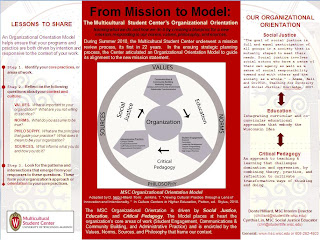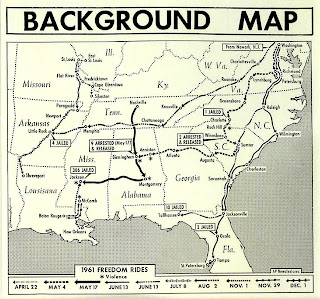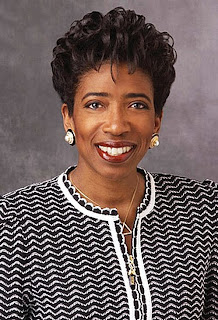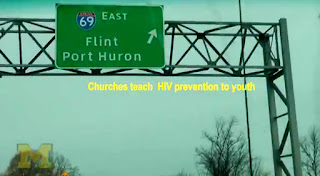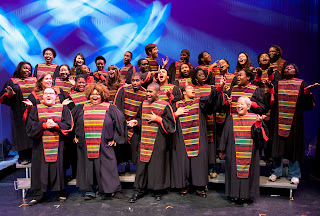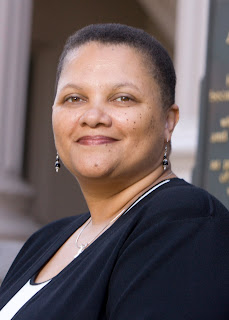College Affordability at Risk for Latino, African American & American Indian Youth Students Working Too Many Hours to Pay for College Many May Abandon Their Studies.
LOS ANGELES The Civil Rights Project/Proyecto Derechos Civiles at UCLA today released two studies showing that college affordability in California is at risk and financial aid is urgently needed. Across the board students are found to be working too many hours to keep up with their studies and a huge proportion (30%) of those surveyed may abandon their studies and hopes of getting a college degree. The lowest income students are now getting a smaller share of the CSU's State University Grant (SUG) tjan they received in the past, says the Civil Rights Project study, and middle-‐income students need increasingly more aid to keep up with rising costs. Although the federal Pell Grant has grown in recent years, the recent budget agreement means that it will not grow as tuition rises in the next several years and it will not be available for
summer study after this year.
Although the Master Plan for Higher Education called for tuition-‐free affordable college for all qualified California students, the fiscal reality of California has led to the abandonment of that promise and rapidly rising tuition and other costs of college. Over the last decade, the Civil Rights Project reports, the California State University (CSU) has sustained a substantial decrease in state general funds and has offset these decreases by increasing tuition and fees by over 166%. In 1967 the state paid approximately 90% of a students education while today it pays approximately 64%. As costs associated with college rise for students,
including housing and books, attending and financing college may become too difficult for students with the greatest financial need the reports find particular the state's majority of Latinos and African American youth.
Leisenring reported, “Many students spoke about the challenges of being told right before the semester started that they had to pay higher fees or face being dropped from all of their classes. Even students whose tuition was mostly or fully covered by financial aid were impacted by this as the university expected the students to come up with the funds for the fee increase before many students' financial aid was processed.”
Key Findings:
· 86% of students reported working for pay; the majority working only one job (76%), while others held more than one job.
· The average number of hours worked was 27 hours per week. 83% of students worked 15 hours per week (83%); 36% reported working over 35 hours per week. (Other research shows that students working more than 15 hours a week suffer in their academic performance).
· 60% of students report not being able to take the classes they need due to their work schedules.
· Students report taking longer to graduate (62%) due to work, lacking time for school work (86%), lowered grades (70%), and multiple students reported missing many opportunities for on-campus support programs (65%), including faculty office hours.
· 30% of students responded that they are considering dropping out of college.
One student reported the “catch 22” she experienced when attempting to prioritize school over work, “[My job] wrote on the application: ‘Make sure that you schedule your school, social life, everything around work because work is a priority.’ And school is telling me, ‘Make sure that you manage everything else, your work, your social life, everything else around school because school is a priority.’”
The second study, by UCLA Professor Jose Luis Santos, explored the SUG, its effects on underrepresented students, and trends over a 20-year period with inflation. Santos reported that middle-income students are becoming the casualties of fee increases because while the middle-income families are seeing an increase in SUG awards, it isn't enough to keep up with the rising cost of tuition. On the other hand, the lowest income groups have seen a proportional decrease, the report states. The study also finds that students who did not qualify for state or federal financial aid have benefitted the most from SUG.
By reviewing the National Postsecondary Student Aid Study from 2008 and other publicly available data from the CSU system and the California Postsecondary Education Commission, Santos’ study, The State University Grant Program and Its Effects on Underrepresented Students at the CSU, explains that SUG helps to mitigate fee increases, regardless of race, ethnicity, socioeconomic status, and/or institution attended. The study asserts that SUG only acts to offset fee increases, and instead should become a more targeted, need-based aid program to assist the most underrepresented and neediest students.
Additional CSU budget cuts, teamed with Cal Grant tightening their eligibility criteria, means the role of institutional aid (SUG) is much more important for these students. The author recommends that policymakers not only tighten the linkage between the SUG and these need-based aid programs, but also increase outreach so that nontraditional college applicants are informed about the aid and not dissuaded from enrolling “by the increased ‘sticker shock’ of rising tuition….”
The report concludes by urging policymakers to increase state funding for the SUG program so that it can prominently help those students with the greatest financial needs. Santos states, “In a state with extreme income inequality and flat or declining wages for many families, but where middle class status is increasingly limited to college graduates, this is an urgent priority.”
These reports are the third in a series called, THE CSU CRISIS AND CALIFORNIA’S FUTURE, and are designed to analyze the impact of the fiscal cutbacks on opportunity for higher education in the California State University system. The first report, Squeezed from all Sides documented the struggle of many students to continue their education in the face of soaring tuition, diminished offerings, and a financial crisis seriously hurting them and many of their family members. The students reported essential classes disappearing, rising financial barriers and large delays in finishing their studies. The second reports explored faculty experiences under budget cuts and their inability to deliver the kind of quality education they believe CSU students deserve and need to obtain gainful employment after college.
Civil Rights Project Co-Director Gary Orfield noted: “Study by study, independent researchers are documenting the deepening hole facing CSU students before this year’s two tuition increases, which will only magnify the barriers. To think of still more cuts and tuition increases coming in the state budget would put intolerable pressure on a hardworking group of students critical to California’s future.”
The research was commissioned by the Civil Rights Project and reviewed by a panel of outside experts. Upcoming reports from this series will look more deeply at remediation issues, on the fate of campus outreach and counseling programs and other dimensions of educational opportunity in the CSU.
The full text of the report is available at: www.civilrightsproject.ucla.edu
About the Civil Rights Project at UCLA: Founded in 1996 by former Harvard professors Gary Orfield and Christopher Edley Jr., the Civil Rights Project/Proyecto Derechos Civiles is now co-directed by Orfield and Patricia Gándara, professors at UCLA. Its mission is to create a new generation of research in social science and law on the critical issues of civil rights and equal opportunity for racial and ethnic groups in the United States. It has commissioned more than 450 studies, published 13 books and issued numerous reports from authors at universities and research centers across the country. The Supreme Court, in its 2003 Grutter v. Bollinger decision, cited the Civil Rights Project's research. This study is financed by grants from the Ford Foundation, the CSU Faculty Association, and the Civil Rights Project with all work under the complete independent control of the Project and cooperating researchers ###
Contact: Laurie Russman (310) 267-‐5562 email: crp@ucla.edu














